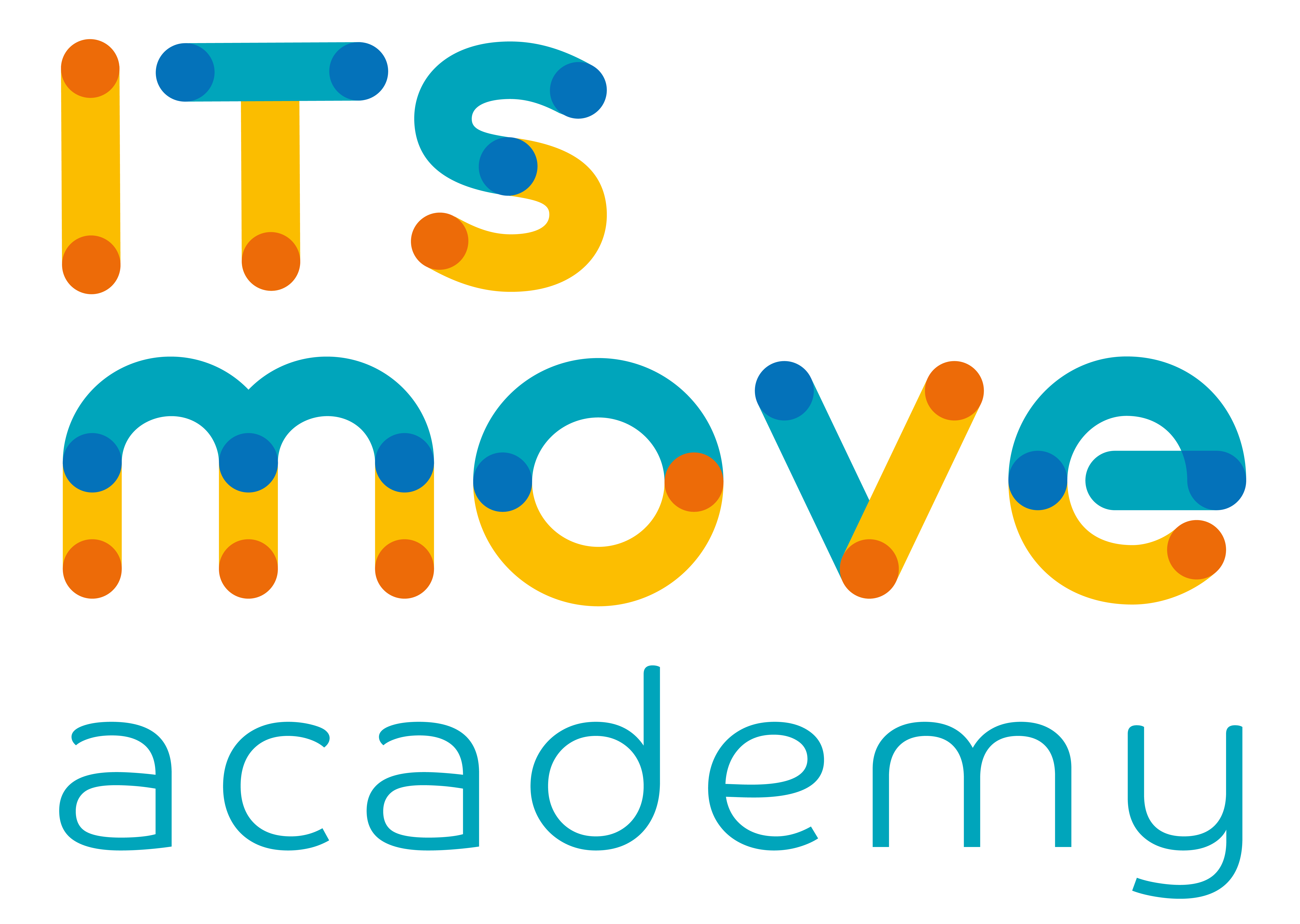Table of Contents
La Supply Chain is one of the most dynamic and evolving professional fields. As global trade expands and technologies evolve, supply chain management has become increasingly strategic for companies. The career opportunities in this sector are manifold, and acquiring the right skills is crucial for success in this field.
The Supply Chain, or supply chain, is the set of activities and processes involved in the production and distribution of a product, from the raw material to the end consumer. Efficient supply chain management is crucial for companies, as it allows them to reduce costs, optimising delivery times e ensuring quality customer service.
Companies today often rely on integrated and technologically advanced supply chain management to be competitive. This has created a booming market for supply chain professionals, with an increasing demand for qualified figures.
What to study for a career in Supply Chain?
To embark on a career in Supply Chain, it is essential to have adequate training that combine theoretical and practical skills. There are various academic paths that can prepare the professionals of the future to handle the complexities of the industry. Among the main study programmes are Bachelor's degree programmes in Management Engineering and Business Administration, Master's degree programmes or specialisation courses and certifications.
These types of training aim to provide a solid foundation in terms of process management, logistics and resource optimisationas well as the acquisition of economic management knowledge of enterprises and on theanalysis of material and resource flows.
Masters and professional courses are particularly suitable for those who wish to specialise in the sector because they enable them to acquire targeted skills in specific areas, such as inventory management, cost analysis or supplier relationship management. The postgraduate courses offered by theITS Move Academysuch as the ITS Course in Supply ChainThey aim to train experts capable of managing transport cycles and logistics infrastructure through the implementation of information systems, new technologies (Industry 4.0) and supply chain management techniques. Students learn to manage the entire production cycle, from the purchase of raw materials to the distribution of finished products.
However, in addition to academic training, those who wish to undertake a career in the supply chain must possess certain key competences:
- Analytical skillsManagement involves the collection and analysis of data to make strategic decisions;
- Knowledge of technologiesThe digitisation of the sector requires familiarity with management software;
- Communication skillsThe ability to collaborate with multidisciplinary teams and interact with suppliers and customers is essential;
- Problem-solvingEach phase can present unforeseen challenges, so it is important to be able to find quick and effective solutions.
Where to work after pursuing a career in Supply Chain?
Le professional opportunities for those embarking on a career in Supply Chain are manifold, from the data analyst, supply chain architect, innovation leader, sustainable manager and cover various industrial sectors. The companies involved in logistics and transport are among the main employers for supply chain professionals, but also the manufacturing industries need experts to manage the procurement of raw materials, the monitoring of production processes and the distribution of finished products.
Moreover, with the increase in online sales, the ecommerce companies and large retailers have developed complex distribution networks and qualified supply chain professionals are needed to ensure that orders are processed quickly and efficiently. Another category are the consulting companies which increasingly offer business support services to improve supply chain management.
Pursuing a career in Supply Chain offers numerous professional opportunities in an ever-growing sector. To be successful, it is essential to acquire a proper trainingranging from university degrees to master's degrees and certifications, and develop technical and analytical skills.

Author of the article
ITS MOVE - Editor



